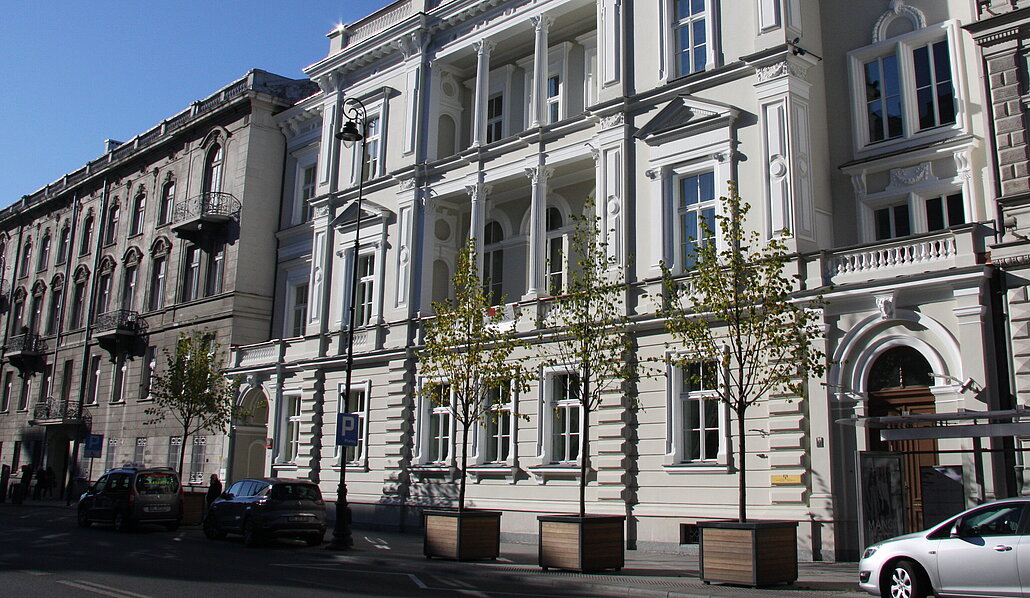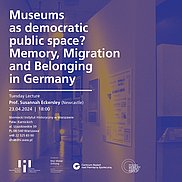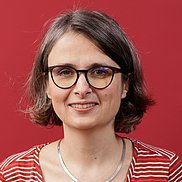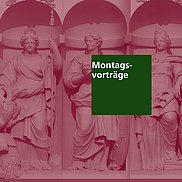Für unsere Konferenz zum Thema Kindheit und Konstruktion von nationalen Identitäten in Mittel- und Osteuropa nehmen wir ab jetzt Papers entgegen. Organisiert wird die Konferenz von unserer DHIW-Außenstelle Vilnius, Veranstaltungsort ist Vilnius.
Understanding Childhood and Construction of National Identities in Central and Eastern Europe from 18th Century until the Beginning of the Second World War
The notion of childhood is a socio-historical construction, as it is might be seen differently not only in various cultures but also experienced differently within the same society. Even the definition of who is a child has changed over time, revealing fluctuations of childhood periodization. Therefore, the understanding of childhood is always in the process and its notion might be constantly shifting. French historian Philippe Ariès designated the birth of modern conception of childhood in Western countries in the long eighteenth century, even though he was criticized for overseeing many sources revealing the perceptions of childhood in medieval society. In this period, children commenced to be separated from the adults and were gradually turned into the objects of new state policies. Nevertheless, it was only in the nineteenth century when childhood became universalized and was inscribed as an important element in the development of nation states and their future. Consequently, children had to be socialized not only within the context of their families and communities, but they had likewise to become part of a national narrative.
Nonetheless, the majority of scholarly research related to the childhood and its history in this period focuses on Western European countries, while the childhood and children experiences in Central and Eastern Europe remain a largely underinvestigated topic. To better illuminate this issue, this conference aims to assemble scholars, who work on the history of childhood in Central and Eastern Europe, to present their current research findings in this field. Through the inclusion of the category of childhood this conference seeks to offer new insights into different historical events and processes in these countries. We welcome papers that analyze how the representations of childhood have manifested in the construction of national identities in this region from 18th century until the beginning of the Second World War. The conference will particularly welcome researchers who currently study the history of childhood within larger imperial frameworks, comprising of different nations and national identities. For example, analyzing such questions: How have the notion of childhood and children experiences differed in the Tsarist, Austro-Hungarian and Prussian empires? How were these different identities and loyalties expressed through the notion of childhood? How was the childhood constructed in such complexed cultural and social contexts?
In Central and Eastern Europe as well as in other parts of the world, the right to childhood very often belonged to the privileged part of society and children experiences remained linked to their economic and social status in the society. On the one side, the introduction of the compulsory education was designed to prepare children to become responsible citizens of their respective countries and give them opportunity to free themselves from the early entrance into the labor market. However, from the other side, for many poor families it was more important that children bring their wage home and contribute to the welfare of their families than getting an education. In the divided Polish-Lithuanian Commonwealth, especially in the Russian and Prussian parts of the partition, political factors also played a significant role in attaining education. Historian Dalia Leinartė depicts in her research that compulsory education did not discourage children labor in nineteenth century Lithuania. She explains it by the specific socio-historical conditions prevailing in the Tsarist Empire. After the Polish and Lithuanian uprising against the Tsarist Russia in the 1860s, the Lithuanian press, alphabet, and schools were banned. In this context, education was usually transferred to home or illegal nationalist schools, as Lithuanian parents did not allow their children to attend tsarist Russian schools.
Thus, the removal of Polish and Lithuanian languages from educational system in the Russian Empire led to the fact that many working-class children in the Russian parts of Poland and occupied Lithuania had limited access to education. Such government’s educational policies continued to limit the possibilities of their social mobility as well. Therefore, the analysis of childhood enables to portray not only the everyday life of certain communities in different historical contexts, reveal social norms but also indicate how through the control of childhood the state was exercising power towards its citizens.
During the period of industrialization, the divergence on the perception of childhood between the poor and middle class became visible not only in Western Europe but also in Central and Eastern European countries. Child labor and the exploitation of children in various industries became an important topic. By the late nineteenth century, legislative debates on protection of children and welfare in the Tsarist Empire also started to emerge and various acts of law were implemented. Historian Boris B. Gorshkov revealed that these new acts of law not only laid foundations for forthcoming general social legislation but also opened a new public issue in Tsarist Russia–the issue of childhood. Nevertheless, the history of child labor, including children work in the countryside, domestic and state industries as well as state policies, continues to remain a blank page in the history of childhood in Central and Eastern Europe.
We welcome papers that engage with such questions as: How have family, state institutions and government’s policies shaped the notion of childhood and affected children and their national consciousness? What was the role of children in national movements and during military conflicts? What was the role of literature, media, photography and medium of painting in shaping nationalized notions of childhood? What were the childhood experiences in different imperial frameworks in Central and Eastern Europe? Have migratory experiences of children transformed their notion of the home and the nation, leading to the creation of their transnational identities and multiple national loyalties
The conference welcomes various approaches and encourages submissions that cross disciplines. We seek to gather an international group of scholars who will deal with a broad spectrum of aspects of the childhood and its relation to the construction of different (trans)national identities from the 18th century to the beginning of the Second World War. Graduate students are encouraged to submit as well.
Topics of interest include, but are not limited to, the following:
- Controlling childhood through family, community, religious institutions, and the state
- Imperial childhoods
- Politicisation and ideologization of childhood
- Borderland children and their practices
- Development of schooling and educational practices
- Regulation of sexuality and medicalization of childhood
- Spaces of childhood and experiences of migration
- Nationalizing playthings and games
- Children’s literature, media and culture and their societal reception
- National imagery and visualizing childhood
Each presentation at the conference should last no more than 20 minutes. For all accepted presenters, travel and accommodation costs will be covered. The conference will be held in English. You will be required to submit a final paper to conference organizers one week before the beginning of the conference. Scholars interested in presenting at the conference are asked to send abstract proposals of no more than 500 words with a short bio by June 30, 2020 to the following address: malinauskaite@dhi.lt
The conference will be organized by:
Dr. Gintarė Malinauskaitė (Branch Office Vilnius of the German Historical Institute Warsaw)
Deadline for submission of proposals: 30 June 2020
Notification due: 15 July 2020
Location and date: Vilnius, 20-21 January 2021
Download Call for Papers: hier






